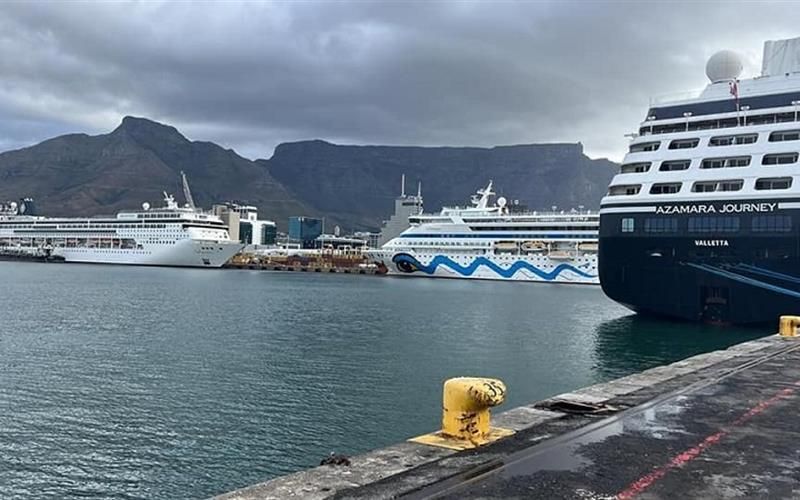Cape Town Mayor Geordin Hill-Lewis has urgently appealed to President Cyril Ramaphosa to establish a joint working committee on rail devolution. This comes after the recent minibus-taxi strike left thousands of commuters stranded, exposing the dire need for a functional passenger rail system in the city. The Mayor has requested a response from the President by August 31, after which the city will resort to intergovernmental dispute mediation.
Current State of Passenger Rail in Cape Town
Passenger rail is meant to be the backbone of Cape Town’s transport network, but its current state is far from ideal. The Passenger Rail Agency of South Africa (PRASA), responsible for managing the rail system, has refused to be held accountable for improving service levels. This is a pressing issue that requires the collaboration of all levels of government to resolve.
Importance of Joint Working Committee on Rail Devolution
A joint working committee on devolution is crucial, especially given the National Transport Director-General’s commitment to finalizing a Rail Devolution Strategy in 2023. Cape Town’s city government wants to contribute to the national strategy and finalize plans for rail devolution in the city. However, the request for a joint committee has been sitting on the President’s desk for over two months, which the city is no longer willing to tolerate.
Benefits of Efficient Passenger Rail System
Cape Town’s ongoing Rail Feasibility Study has revealed that an efficient passenger rail system could save lower-income households up to R932 million per year. Additionally, a functional rail system could sustain over 51,000 jobs and add R11 billion to the local economy annually.
White Paper on National Rail Policy
In May 2022, the Cabinet passed the White Paper on National Rail Policy, which supports devolving rail to capable metros and developing a Rail Devolution Strategy in 2023. However, senior political figures, including the current and former Transport Ministers, have contradicted these commitments. Cape Town eagerly awaits a definitive commitment from the President, given the desperate need for a functional rail system in the city.
Pursuit of Intergovernmental Dispute Resolution Processes
The City of Cape Town announced in early August that it would pursue intergovernmental dispute resolution processes after PRASA refused to sign a Service Level Agreement (SLA) on rail services for Cape Town commuters. PRASA has failed to commit to the quality and level of services it will provide and has been reluctant to be held accountable for its actions.
Importance of Service Level Agreement
A formal SLA is a legal requirement under section 11(1)(c) of the National Land Transport Act. Despite the City’s repeated requests, PRASA informed Cape Town in late July that it would not sign or commit to a binding service-level agreement due to the current state of rail services.
Discussions with PRASA
City officials have held extensive discussions with PRASA, emphasizing the importance of measurable service delivery, clear targets for improvement, and progressing toward devolution of passenger rail. However, PRASA’s unwillingness to finalize an SLA is disappointing, especially considering the poor state of passenger rail services.
PRASA’s Proposal for a Memorandum of Understanding
PRASA suggests developing a non-consequential Memorandum of Understanding (MoU) instead, which would not legally bind them to specific service levels. The City finds this proposal unacceptable, as the existing MoU signed in 2015 has failed to produce the desired accountability from PRASA and the national government.








